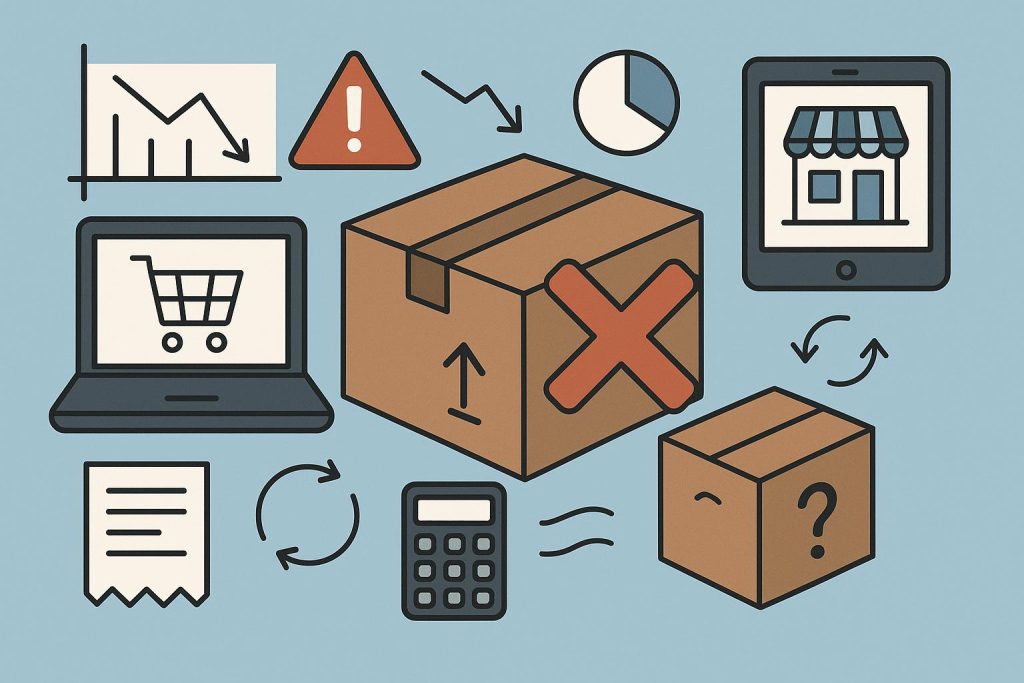Launching an eCommerce business is exciting, but it’s also a journey full of challenges. Many entrepreneurs enter the online marketplace with enthusiasm and great ideas, only to stumble on avoidable mistakes. While it’s natural to learn along the way, understanding the most common pitfalls early can save time, money, and unnecessary stress. From logistics to customer experience, let’s explore the mistakes new eCommerce entrepreneurs often make—and how you can avoid them.
Contents
Underestimating the Importance of Logistics
A fantastic product and a sleek website are important, but if your logistics aren’t solid, your business will struggle. Many new entrepreneurs overlook reliable shipping and delivery systems. Choosing trusted eCommerce freight solutions early ensures your products reach customers on time, helping build trust and repeat business. Delayed or lost deliveries can quickly harm your reputation.
Neglecting Mobile Optimisation
With most online shopping happening on smartphones, a website that doesn’t function smoothly on mobile is a serious disadvantage. Clunky navigation, slow load times, and poorly designed checkout pages drive potential customers away. Prioritising responsive design and fast performance across devices should be a top priority from day one.
Overcomplicating the Checkout Process
Cart abandonment rates are notoriously high in eCommerce, and one of the biggest culprits is a complicated checkout process. Forcing customers to create an account, requesting unnecessary details, or having multiple confusing steps can lose sales. Keep the process simple, allow guest checkout, and ensure payment options are secure and convenient.
Ignoring Customer Service
Customer service isn’t just for traditional retail. Online shoppers expect timely responses, easy returns, and clear communication. Many new entrepreneurs make the mistake of treating customer support as an afterthought. Setting up efficient systems for responding to enquiries, complaints, and reviews is essential for building loyalty.
Failing to Track Data and Analytics
One of the greatest advantages of eCommerce is the wealth of data available. Yet many new business owners don’t use it effectively. Ignoring analytics means missing out on insights into customer behaviour, sales trends, and marketing performance. Tools like Google Analytics or integrated platform dashboards can help you understand what’s working and where to improve.
Overlooking Marketing and Branding
Some entrepreneurs believe “if you build it, they will come.” Unfortunately, a great product and website won’t drive traffic on their own. Consistent marketing—through SEO, social media, email campaigns, and paid ads—keeps your brand visible. Strong branding also sets you apart in a competitive marketplace and builds recognition over time.
Scaling Too Quickly
It’s tempting to expand rapidly once sales start rolling in, but scaling too fast can cause cash flow problems and operational strain. Many eCommerce startups collapse under the pressure of sudden growth. A measured approach—testing markets, refining processes, and ensuring supply chains can handle demand—is the key to sustainable success.
Starting an eCommerce business is a rewarding challenge, but avoiding common mistakes can make the journey smoother
By focusing on logistics, customer experience, mobile optimisation, and data-driven decisions, new entrepreneurs can set themselves up for long-term growth. With careful planning and a commitment to learning, your online store can thrive in an increasingly competitive digital landscape.

